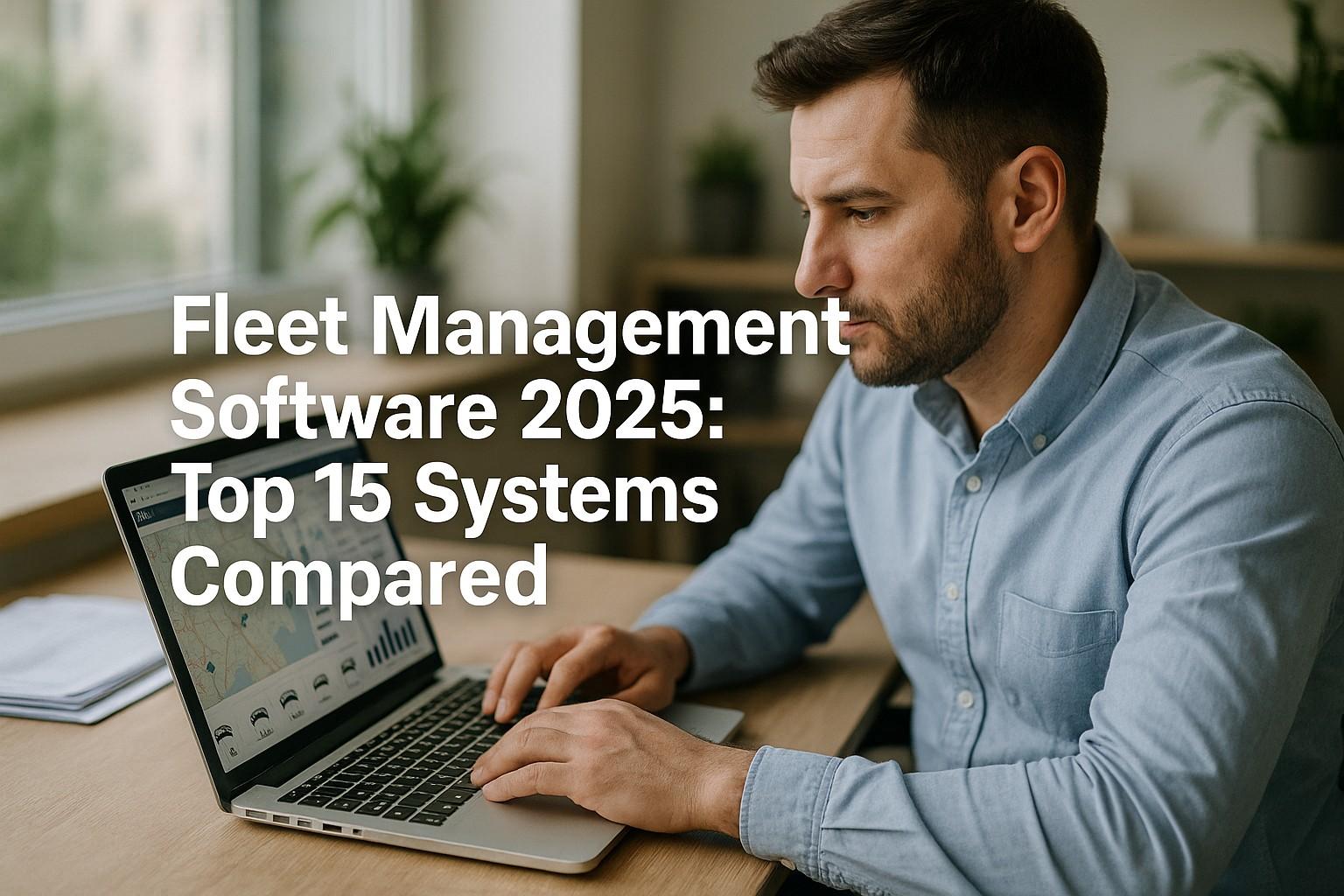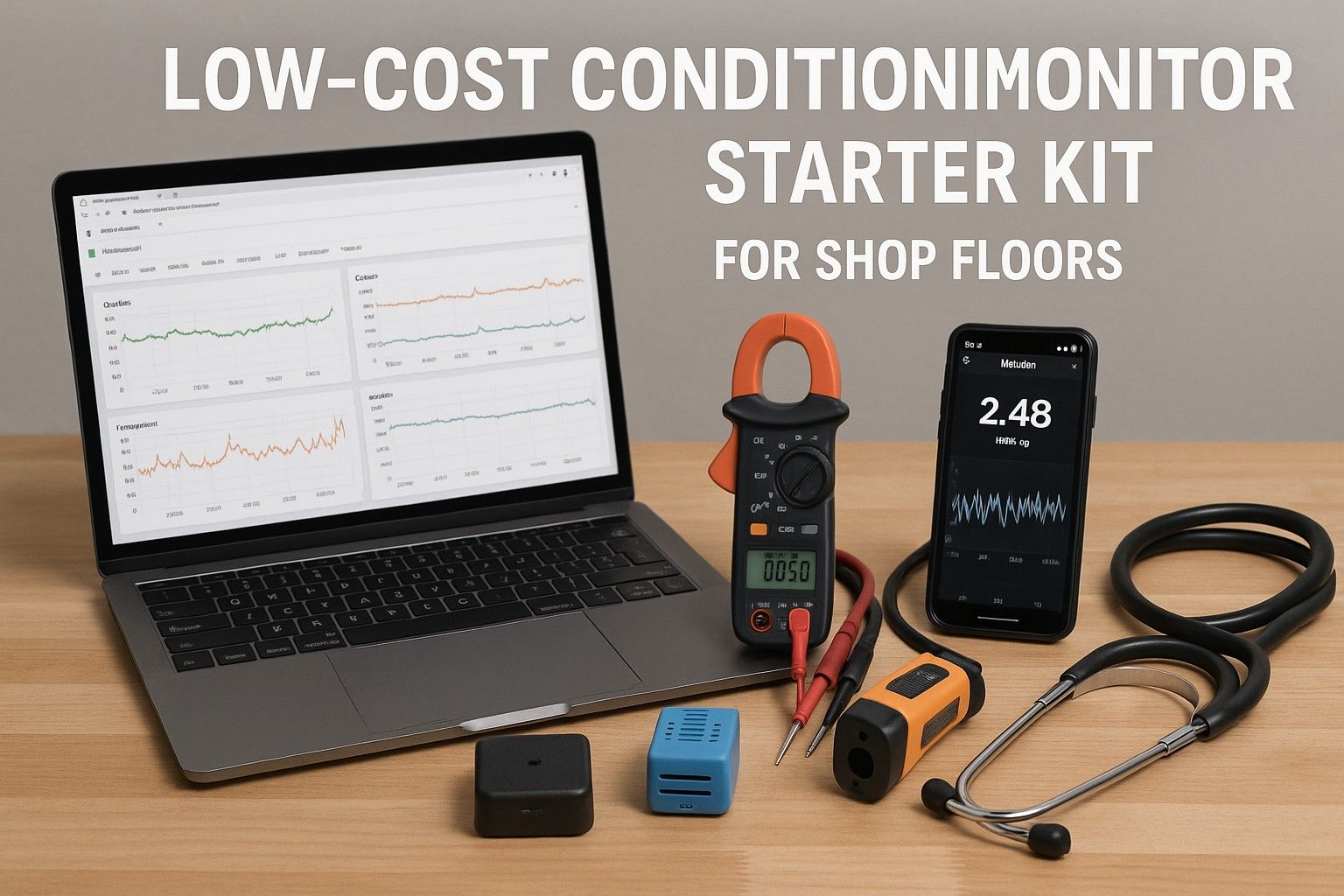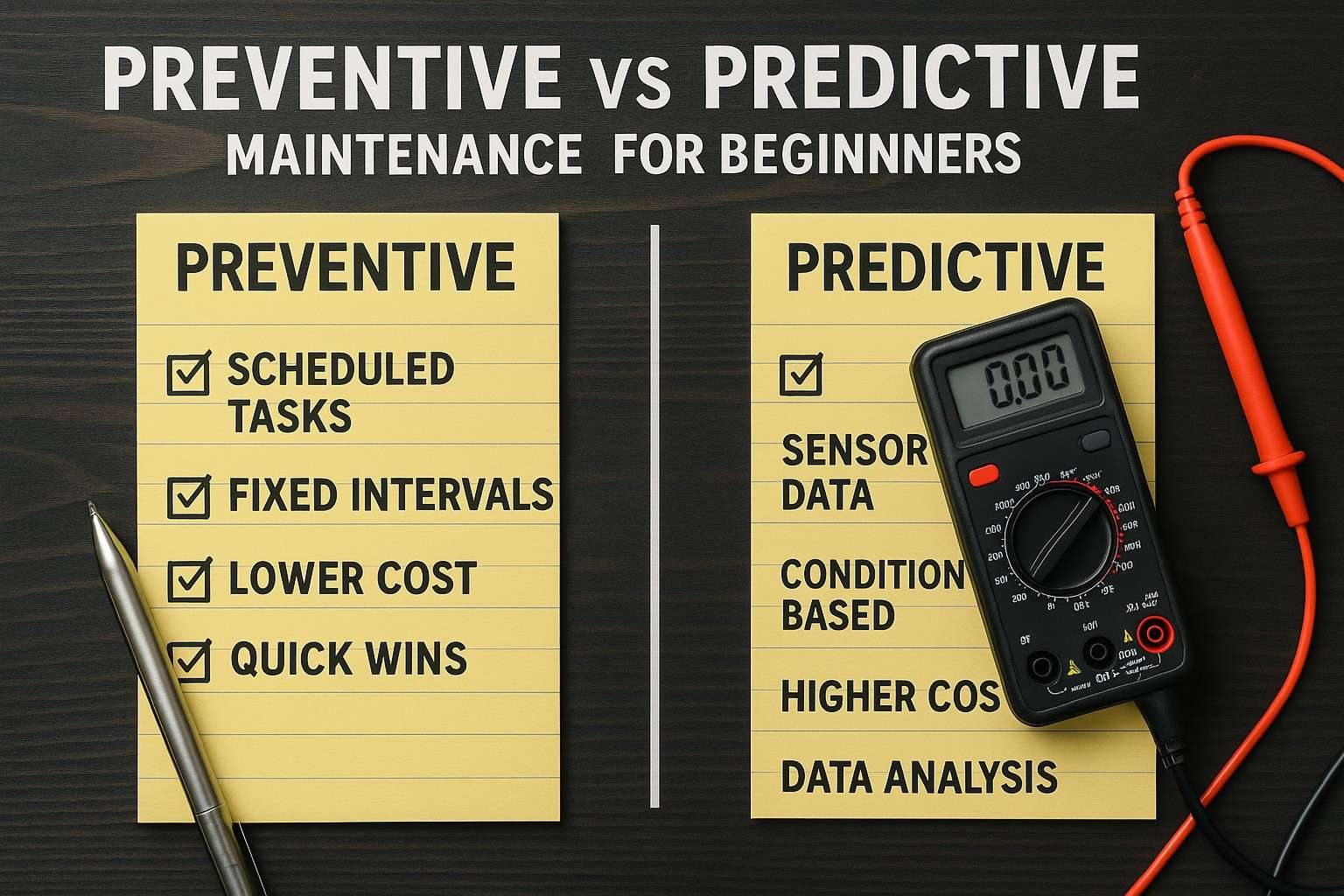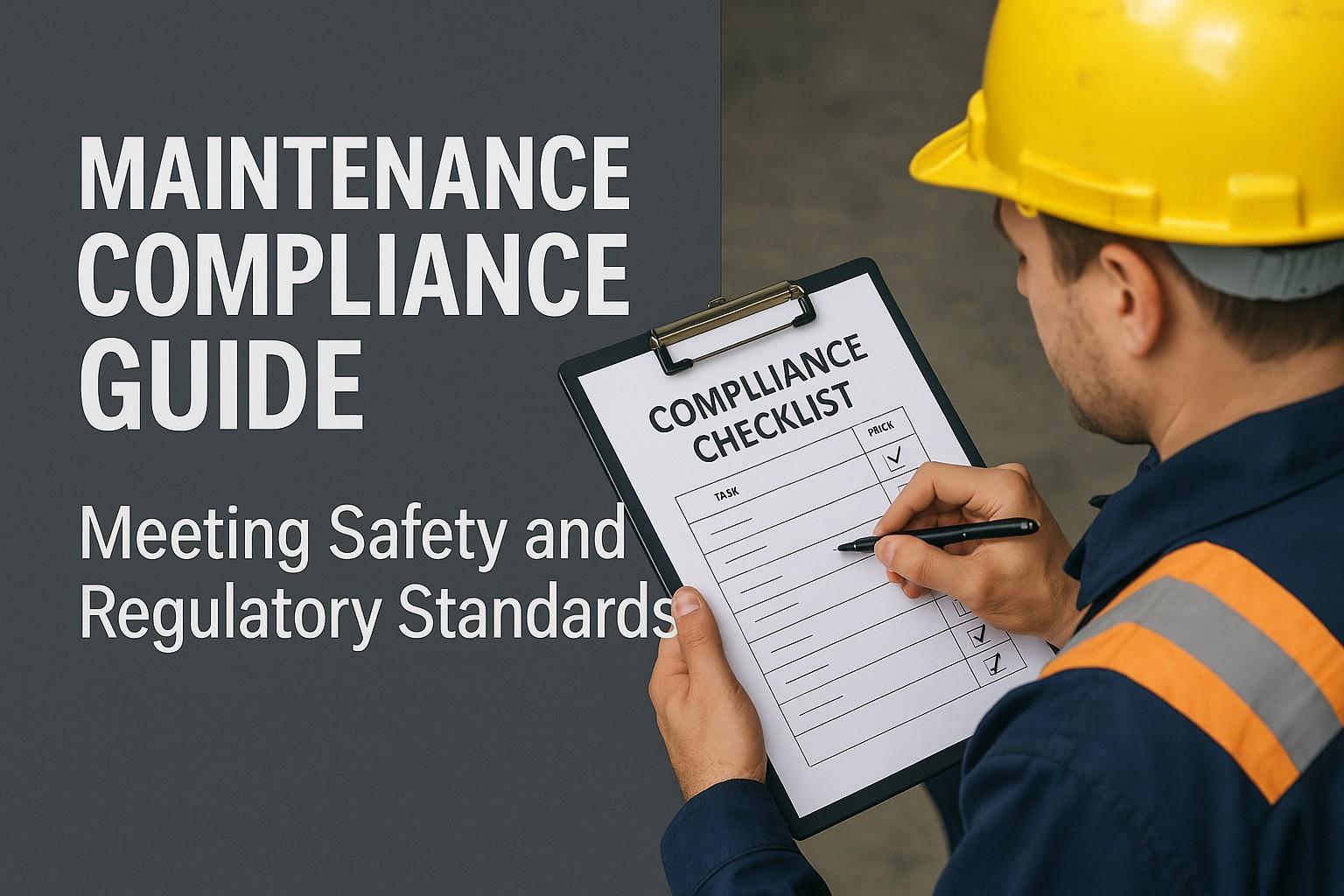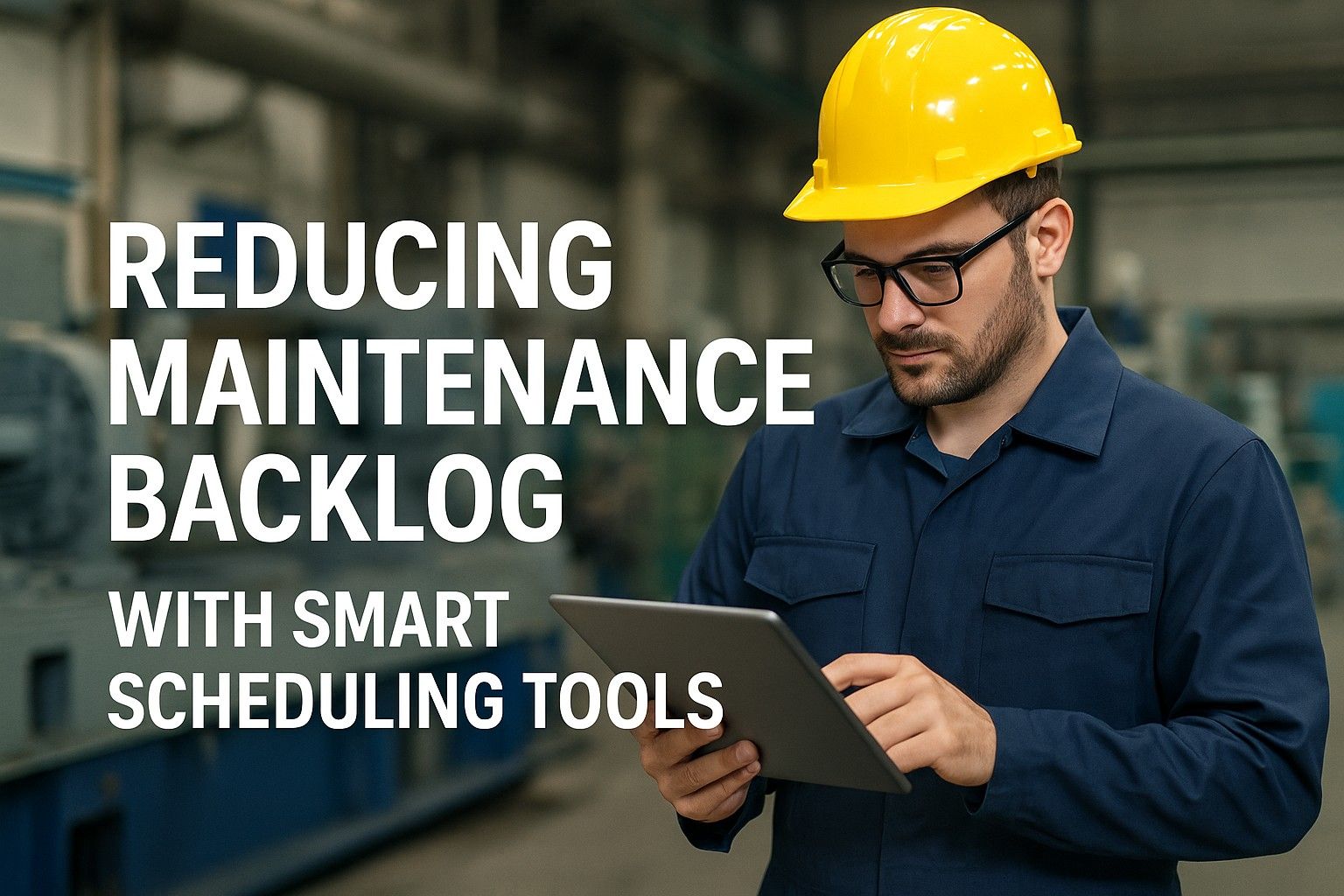Fleet management software represents one of the most transformative technologies available to modern transportation operations, with comprehensive systems delivering an average of 30% cost reduction and 40% operational efficiency improvement across commercial fleets. Industry analysis reveals that 82% of fleet operators still rely on manual tracking methods and reactive maintenance approaches, creating significant opportunities for cost optimization, compliance improvement, and competitive advantage. Professional fleet management platforms can reduce fuel costs by 25%, decrease vehicle downtime by 60% and improve driver safety scores by 45% while ensuring regulatory compliance, and maximizing asset utilization across diverse operational environments.
Modern fleet operations face unprecedented complexity with rising fuel costs, stringent regulatory requirements, driver shortage challenges, and increasing customer expectations for delivery performance and transparency. Fleet management inefficiencies compound throughout organizations, affecting operational costs, regulatory compliance, customer satisfaction, and competitive positioning in rapidly evolving transportation markets.
Comprehensive Fleet Management Software Comparison Framework
Selecting optimal fleet management software requires systematic evaluation of platform capabilities, integration requirements, scalability considerations, and total cost of ownership analysis that align with specific operational needs and strategic objectives.
GPS Tracking and Telematics
Real-time vehicle location monitoring, route optimization, driver behavior analysis, and comprehensive telematics integration providing complete operational visibility and performance insights.
Maintenance Management
Automated maintenance scheduling, work order management, parts inventory control, and predictive maintenance capabilities reducing vehicle downtime by 45% and maintenance costs by 35%.
Fuel Management Systems
Fuel consumption monitoring, efficiency analysis, fraud detection, and optimization recommendations delivering 20-30% fuel cost reduction through systematic tracking and control.
Driver Management Platform
Driver performance monitoring, safety scoring, training coordination, and compliance tracking ensuring regulatory adherence and reducing accident rates by 40%.
Compliance and Reporting
Automated regulatory reporting, DOT compliance management, driver hours tracking, and audit trail maintenance ensuring regulatory adherence and reducing violation risks.
Analytics and Intelligence
Advanced data analytics, performance benchmarking, cost analysis, and predictive insights enabling data-driven decision making and continuous optimization opportunities.
Top 15 Fleet Management Software Solutions: Detailed Analysis
Market-leading fleet management platforms offer diverse capabilities and specializations designed for specific operational requirements, fleet sizes, and industry verticals, requiring careful evaluation to optimize selection decisions.
Enterprise-Grade Platforms
Oxmaint fleet management delivers comprehensive tracking, maintenance automation, compliance management, and analytics integration designed for medium to large commercial fleets requiring advanced operational control and optimization capabilities.
Telematics-Focused Solutions
Specialized platforms emphasizing GPS tracking, driver behavior monitoring, and real-time operational visibility with strong mobile applications and customer communication capabilities.
Maintenance-Centric Systems
Fleet management platforms prioritizing maintenance automation, work order management, parts inventory control, and predictive maintenance analytics for asset-intensive operations.
Industry-Specific Solutions
Vertical-focused platforms designed for specific industries including construction, delivery, transportation, and service fleets with specialized compliance and operational requirements.
Advanced Technology Integration and Capabilities
Modern Fleet Technology Stack and Innovation
Contemporary fleet management platforms integrate artificial intelligence, IoT sensors, machine learning analytics, and cloud-based architectures to deliver unprecedented operational insights and automation capabilities that transform traditional fleet operations into data-driven optimization engines.
AI-Powered Route Optimization
Machine learning algorithms analyze traffic patterns, delivery schedules, vehicle capacity, and historical data to optimize routing decisions and reduce fuel consumption by 25-35%.
Predictive Maintenance Analytics
Advanced algorithms monitor vehicle performance data to predict maintenance requirements 4-8 weeks in advance, preventing breakdowns and optimizing maintenance scheduling.
Real-Time Performance Monitoring
Continuous vehicle and driver performance tracking with instant alerts for safety violations, efficiency deviations, and maintenance requirements ensuring immediate response capabilities.
Integrated Communication Systems
Unified communication platforms connecting dispatchers, drivers, and customers with real-time updates, delivery notifications, and service coordination capabilities.
Implementation Strategy and Best Practices
Systematic Deployment Methodology for Fleet Management Systems
Successful fleet management software implementation requires comprehensive planning, phased deployment approaches, and change management strategies that minimize operational disruption while maximizing adoption and performance optimization across diverse fleet operations.
Phase 1: Requirements Analysis
Comprehensive operational assessment, technology requirement mapping, integration planning, and custom configuration development based on specific fleet characteristics and business objectives.
Phase 2: System Configuration
Platform customization, user account setup, device installation planning, and integration development with existing systems including accounting, dispatch, and customer management platforms.
Phase 3: Pilot Testing
Limited deployment with representative vehicle segments, user training programs, performance validation, and system optimization based on operational feedback and usage patterns.
Phase 4: Full Deployment
Fleet-wide implementation, comprehensive training delivery, performance monitoring, and ongoing optimization support ensuring maximum system utilization and operational benefit realization.
Change Management and User Adoption Excellence
Fleet management software success depends critically on user adoption and organizational culture transformation, requiring comprehensive training programs, performance incentive alignment, and continuous support systems that encourage systematic technology utilization.
Driver Training and Engagement
Comprehensive driver education programs covering system usage, safety compliance, performance metrics, and benefit communication ensuring positive adoption and sustained engagement.
Management Dashboard Training
Executive and operational management training covering analytics interpretation, performance monitoring, decision support capabilities, and strategic planning integration.
Performance Incentive Integration
KPI alignment and reward structures that recognize fuel efficiency improvements, safety performance, compliance achievement, and operational excellence through system utilization.
Continuous Support Systems
Ongoing technical support, system optimization consultation, performance review programs, and feature enhancement training ensuring sustained value realization and operational improvement.
Performance Analytics and Optimization Capabilities
Advanced Fleet Analytics and KPI Management
Fleet management analytics transform operational data into actionable insights enabling continuous improvement, cost optimization, and strategic decision making across vehicle operations, driver performance, and customer service delivery.
Real-Time Operational Dashboards
Executive and operational dashboards providing immediate visibility into fleet performance, cost metrics, safety indicators, and compliance status across all operational segments and geographic regions.
Predictive Performance Analysis
Advanced analytics identifying optimization opportunities, performance trends, and cost reduction potential based on historical data analysis and predictive modeling capabilities.
Cost Analysis and Budgeting
Comprehensive cost tracking covering fuel, maintenance, insurance, depreciation, and operational expenses with budget variance analysis and forecasting capabilities.
Compliance and Audit Systems
Automated compliance monitoring ensuring regulatory adherence, audit trail maintenance, and violation prevention with comprehensive reporting and documentation capabilities.
ROI Analysis and Financial Benefits
Quantifiable Return on Investment and Cost Optimization
Professional fleet management software delivers measurable financial returns through multiple value streams including fuel cost reduction, maintenance optimization, insurance savings, and operational efficiency improvements that typically generate 300-500% ROI within 18 months.
Operational Excellence and Competitive Advantages
Comprehensive fleet management systems create sustainable competitive advantages through improved operational efficiency, enhanced customer service capabilities, and data-driven optimization that delivers superior performance compared to traditional fleet operations.
- Enhanced customer service delivery with real-time tracking, accurate delivery estimates, and proactive communication capabilities improving satisfaction ratings by 45%
- Improved driver satisfaction and retention through fair performance evaluation, safety support, and operational efficiency tools reducing turnover by 35%
- Reduced insurance premiums through documented safety programs, driver training records, and accident prevention achievements lowering costs by 20-30%
- Enhanced operational scalability enabling efficient fleet expansion and geographic growth without proportional administrative overhead increases
- Improved regulatory compliance with automated reporting, audit trail maintenance, and violation prevention reducing regulatory risk and penalties
Industry-Specific Applications and Specialization
Fleet management software applications vary significantly across industry verticals, with specialized requirements for construction, delivery, transportation, service, and logistics operations demanding customized features and compliance capabilities.
Construction Fleet Management
Heavy equipment tracking, job site management, equipment utilization monitoring, and maintenance coordination for construction vehicles, machinery, and mobile assets requiring specialized operational control.
Delivery and Logistics Operations
Route optimization, delivery confirmation, customer communication, and performance tracking for package delivery, food service, and e-commerce fulfillment operations requiring precision and efficiency.
Service Fleet Optimization
Technician dispatch, service scheduling, parts inventory management, and customer communication for field service operations requiring coordination and resource optimization capabilities.
Transportation and Trucking
Long-haul tracking, driver hours compliance, fuel management, and load optimization for transportation companies requiring regulatory compliance and operational efficiency.
Future Technology Trends and Innovation
Fleet management technology continues evolving with emerging innovations including autonomous vehicle integration, electric vehicle optimization, blockchain logistics, and advanced AI capabilities that promise enhanced efficiency and operational transformation.
Electric Vehicle Fleet Management
Specialized capabilities for electric vehicle charging management, range optimization, battery health monitoring, and infrastructure planning supporting fleet electrification initiatives.
Autonomous Vehicle Integration
Preparatory systems for autonomous vehicle coordination, mixed fleet management, and operational transition planning as autonomous technology becomes commercially viable.
Advanced AI and Machine Learning
Enhanced predictive analytics, automated decision making, and intelligent optimization capabilities leveraging artificial intelligence for superior operational performance.
Blockchain and Security Innovation
Immutable operational records, secure data exchange, and enhanced verification capabilities providing superior audit trails and operational transparency.
Frequently Asked Questions
Ready to transform your fleet operations with comprehensive management software?
Getting StartedBook a Demo
